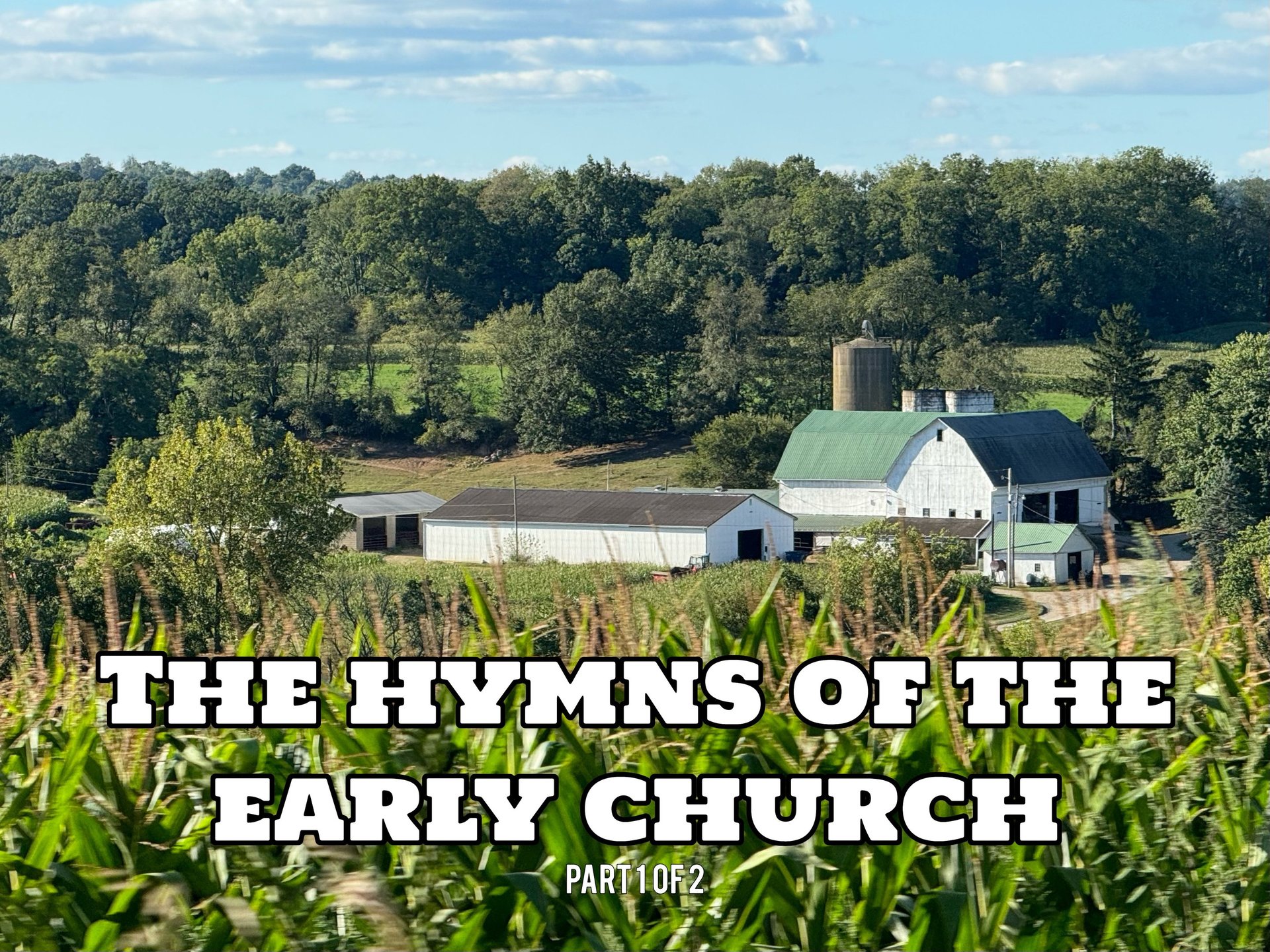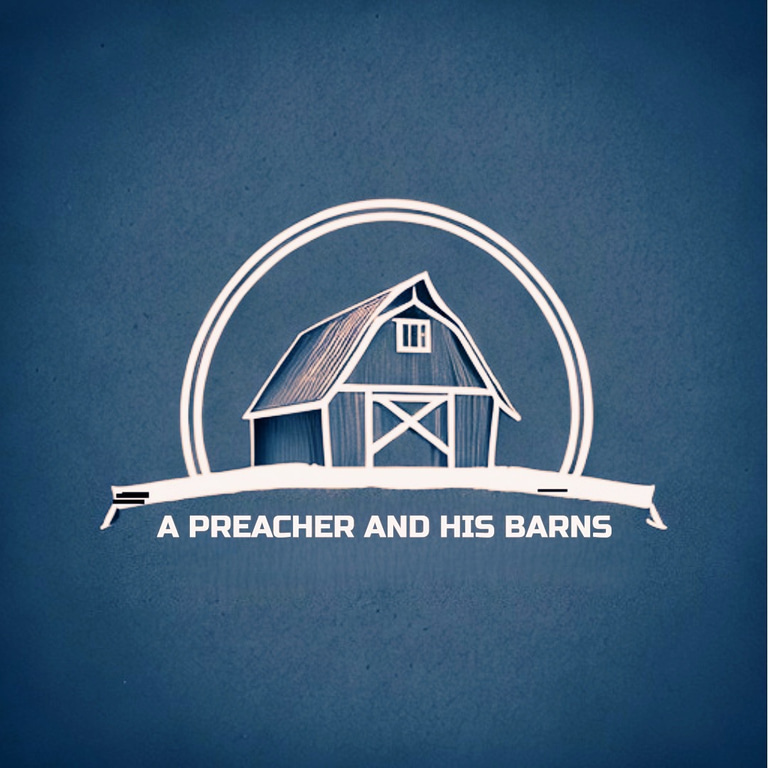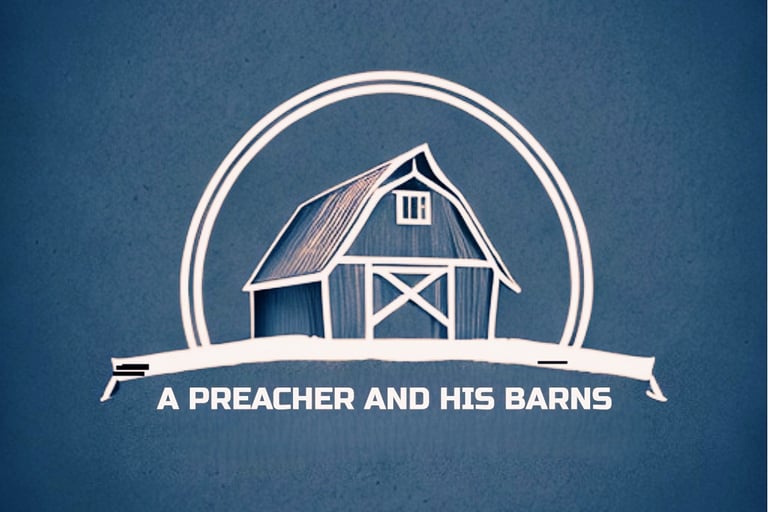The Acts Of Worship - Sing Again (Part 2 of 3)
That means that we have an actual record of what some of the early church hymns likely were. And what were these hymns doing? They were teaching the early church to “Remember His deeds” and “His covenant”.
FEATUREDDEVOTIONS


The Acts Of Worship - Sing Again (Part 2 of 3)
1 Chron 16:23
“Sing to the LORD, all the earth.”
It’s pretty apparent to Bible scholars that the early Christians used a hymnbook. We call it the book of Psalms. But, they also had their own hymns that they used for worship. None of these early hymns have survived for us to sing today but scholars believe that remnants of those songs are imbedded in the scriptures themselves. We see evidence of hymns throughout the New Testament. So, where are they?
To find them, we look for biblical passages that may have had an origin earlier than their scriptural use. According to Joshua Jipp at bibleodyssey.org, “we look for “parallel statements, vocabulary that is distinctive to the author, the frequent use of pronouns, and elevated prose.”
Using those guidelines, scholars believe that Phil. 2:5-11, Col. 1:15-20, 1 Tim. 3:16, Heb. 1:1-3, and 1 Pet. 2:21-25 “likely had earlier literary lives as actual hymns sung by early Christian communities.”
That means that we have an actual record of what some of the early church hymns likely were. And what were these hymns doing? They were teaching the early church to “Remember His deeds” and “His covenant”.
They were the teaching tools of the very first churches. Tomorrow, I’ll post these hymns so you and I can read them together and worship with those believers who got the first churches started in the face of extreme opposition and persecution. Today I’ll start things off by posting this one from the pen of Peter:
1 Peter 2:21-25
“For you have been called for this purpose, since Christ also suffered for you, leaving you an example for you to follow in His steps, WHO COMMITTED NO SIN, NOR WAS ANY DECEIT FOUND IN HIS MOUTH; and while being reviled, He did not revile in return; while suffering, He uttered no threats, but kept entrusting Himself to Him who judges righteously; and He Himself bore our sins in His body on the cross, so that we might die to sin and live to righteousness; for by His wounds you were healed. For you were continually straying like sheep, but now you have returned to the Shepherd and Guardian of your souls.”


